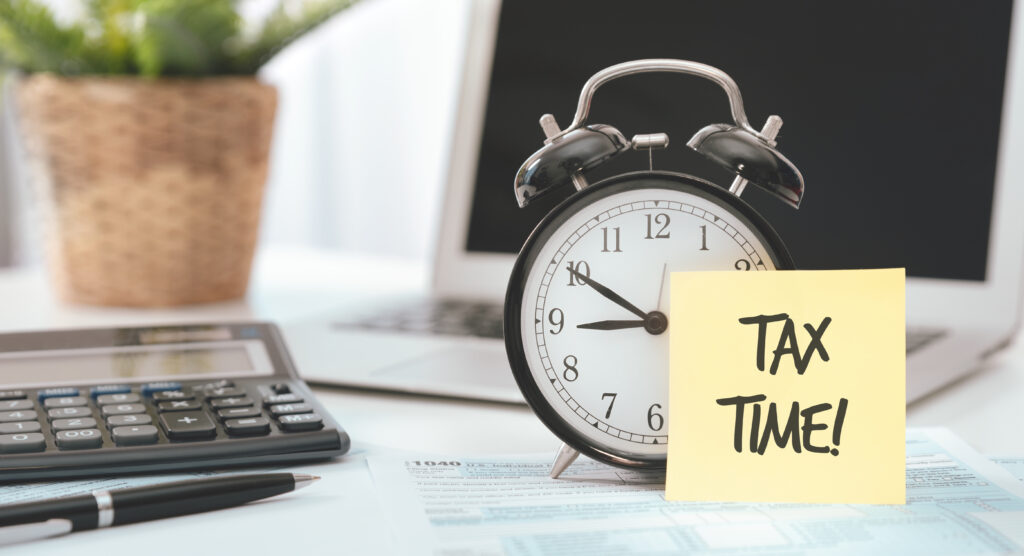Life happens—job loss, medical bills, divorce, family emergencies. Here’s how to rebuild your finances after a major financial hit without losing your sanity.
Assess the damage without judgment
List out exactly where you stand financially: debts, savings, income, and essential expenses. This feels awful, but you can’t make a recovery plan without knowing the starting point. Treat it like a medical diagnosis—information you need, not a personal failing.
Prioritize immediate survival needs
Focus on the basics first: housing, utilities, food, transportation, minimum debt payments, and essential insurance. Everything else is secondary until you’re stable. This might mean temporarily ignoring retirement contributions or entertainment spending.
Communicate with creditors proactively
Don’t wait for bills to become overdue. Contact lenders, landlords, and service providers to explain your situation and ask about:
- Payment plans or temporary reduced payments
- Hardship programs (many companies have these but don’t advertise them)
- Interest rate reductions or fee waivers
- Temporary forbearance options
Most creditors prefer working with you over sending bills to collections.
Apply for assistance programs immediately
Depending on your situation, you might qualify for:
- Unemployment benefits
- SNAP (food assistance)
- Medicaid or healthcare subsidies
- Utility assistance programs
- Local food banks and community resources
- Emergency rental assistance
There’s no shame in using safety nets—that’s what they’re for.
Create a bare-bones budget
Strip your budget down to absolute essentials. This isn’t permanent, but it gives you breathing room to recover. Cut everything that isn’t necessary for basic survival or recovery (like job search expenses).
Focus on increasing income first
While cutting expenses helps, increasing income usually has a bigger impact on recovery:
- File for unemployment if eligible
- Take temporary or part-time work, even if it’s below your usual level
- Sell items you don’t need
- Consider gig work that fits your schedule and abilities
- Ask family or friends about temporary opportunities
Protect your credit if possible
Try to keep making minimum payments on credit cards and loans if you can manage it. If you can’t, prioritize secured debts (mortgage, car loan) over unsecured debts (credit cards). Consider contacting a nonprofit credit counseling service for guidance.
Rebuild systematically
Once you’ve stabilized your immediate situation, rebuild in this order:
- Small emergency fund ($500-1,000)
- Catch up on any missed payments
- Larger emergency fund
- Resume normal savings goals
Learn from the experience
After you’ve recovered, honestly assess what made the setback worse or better. Maybe you need a bigger emergency fund, better insurance coverage, or more diversified income sources. Use the experience to make your finances more resilient.
Be patient with the process
Financial recovery takes longer than you want it to. Major setbacks can take 1-3 years to fully recover from, depending on the severity. Focus on consistent progress rather than trying to get back to where you were overnight.
Recovery isn’t linear—you’ll have good months and bad months. The key is staying focused on the basics and taking it one step at a time.










